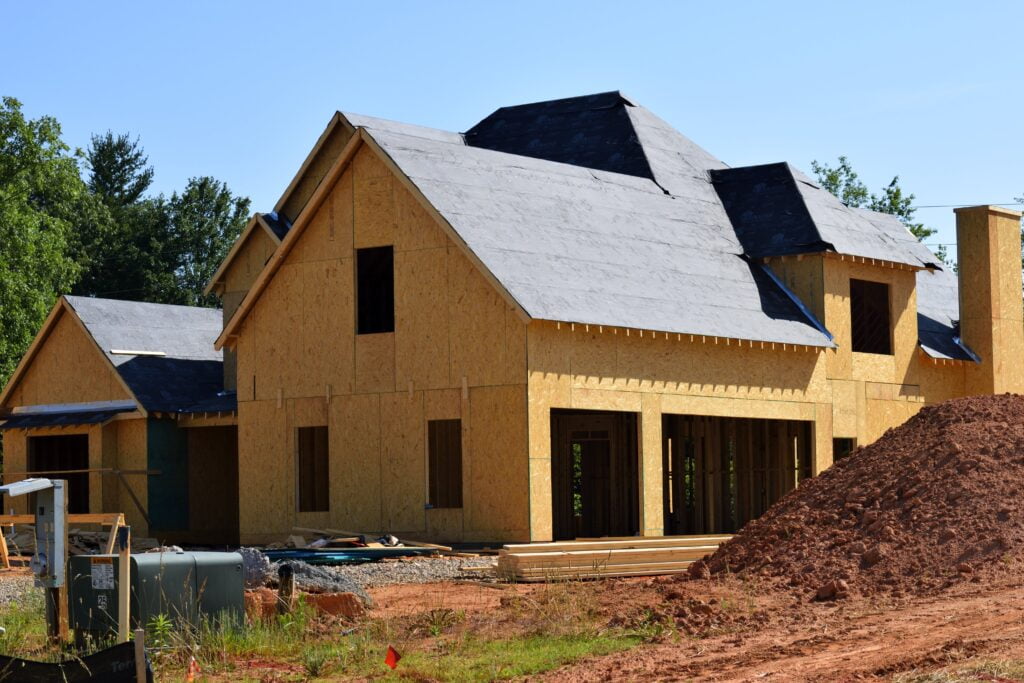The construction industry, a perpetual symbol of progress and development, has reached a critical juncture. As numerous projects conclude and the final bricks are laid, we find ourselves at the crossroads of accomplishment and reflection.
This article delves into the multifaceted aspects of the end of construction progress, exploring the challenges faced, the achievements celebrated, and the implications for the industry and society at large.
The Culmination of Efforts:
Every completed construction project is the result of meticulous planning, dedicated teamwork, and unyielding perseverance. From groundbreaking ceremonies to the last strokes of paint, the journey is marked by challenges that test the mettle of architects, engineers, contractors, and laborers alike.
However, as the final phase approaches, a sense of accomplishment permeates the air, signaling the culmination of countless hours of labor and the realization of a collective vision.
Challenges Faced:
The road to completion is seldom smooth, and the end of construction progress is no exception. Delays, unforeseen complications, and budget constraints are persistent adversaries that must be navigated.
Regulatory hurdles, environmental concerns, and changing economic landscapes add layers of complexity, demanding adaptability and resilience. This section explores the trials faced during the construction journey and the strategies employed to overcome them.
- Delays and Unforeseen Complications: Construction projects are susceptible to a myriad of unforeseen challenges, such as weather disruptions, supply chain issues, or unexpected geological conditions. These factors can significantly impact timelines and escalate costs, requiring proactive problem-solving and innovative solutions.
- Budget Constraints: Staying within budget is a perpetual struggle in construction. Cost overruns can jeopardize the feasibility of a project, necessitating stringent financial management and value engineering to strike a balance between quality and cost-effectiveness.
- Regulatory and Environmental Challenges: Navigating regulatory frameworks and ensuring compliance with environmental standards can be a formidable task. The end of construction progress often involves addressing and resolving any outstanding legal or environmental concerns to obtain the necessary approvals for completion.
- Changing Economic Landscapes: Economic fluctuations can influence material costs, interest rates, and market demand. Construction projects must navigate these uncertainties, adapting to changing economic conditions to ensure financial viability and project success.
Celebrating Achievements:
While challenges may characterize the journey, the end of construction progress is a time for celebration. It represents the transformation of blueprints and plans into tangible structures that shape the environment.
This section explores the achievements that deserve acknowledgment as the final construction phase unfolds.
- Architectural Marvels: The completion of a construction project brings to life the architect’s vision. Whether it’s a towering skyscraper, an innovative bridge, or a sustainable housing development, the physical manifestation of design ideas stands as a testament to human creativity and ingenuity.
- Infrastructure Advancements: Construction projects often contribute to significant advancements in infrastructure, enhancing connectivity, efficiency, and overall quality of life. From new transportation networks to state-of-the-art utilities, the completed projects become integral components of societal progress.
- Job Creation and Economic Impact: The construction industry is a key driver of employment and economic growth. The completion of projects not only signifies the realization of physical structures but also the creation of jobs, stimulation of local economies, and a positive impact on various industries related to construction.
- Technological Innovations: Construction progress is synonymous with technological advancements. The industry continually embraces new technologies, from advanced construction materials to cutting-edge project management software. The completion of a project often reflects the integration of the latest innovations, contributing to the overall evolution of the construction sector.
Implications for the Industry and Society:
As construction projects conclude, their impact extends beyond the physical structures erected.
The industry and society at large grapple with various implications that shape future endeavors and the way we perceive progress.
- Legacy and Reputation: The successful completion of a construction project enhances the reputation of all involved parties, including architects, contractors, and developers. A positive legacy contributes to future opportunities, as stakeholders gain trust and credibility in the industry.
- Environmental Sustainability: The end of construction progress underscores the increasing importance of environmental sustainability. With a growing emphasis on green building practices and eco-friendly designs, completed projects often serve as benchmarks for future endeavors committed to minimizing environmental impact.
- Community Impact: Completed construction projects profoundly influence local communities. Whether it’s the revitalization of urban areas or the creation of new public spaces, the end result has a lasting impact on the lives of those who inhabit and interact with the constructed environment.
- Adaptability in a Changing World: The conclusion of construction progress prompts the industry to reflect on lessons learned and adapt to an ever-evolving world. Technological advancements, changing societal needs, and global challenges require a forward-thinking approach to ensure that future projects remain relevant and resilient.
Conclusion:
The end of construction progress is a complex juncture marked by challenges conquered, achievements celebrated, and implications for the future.
As the construction industry continues to evolve, each completed project serves as a stepping stone toward a more innovative, sustainable, and resilient built environment.
The journey may end, but the impact reverberates through the structures that stand as testaments to human capability and the perpetual quest for progress.
To see other material construction prices, please see here.
To know other construction guides, tips, and methodology for beginners, veterans, and contractors, please see here.

